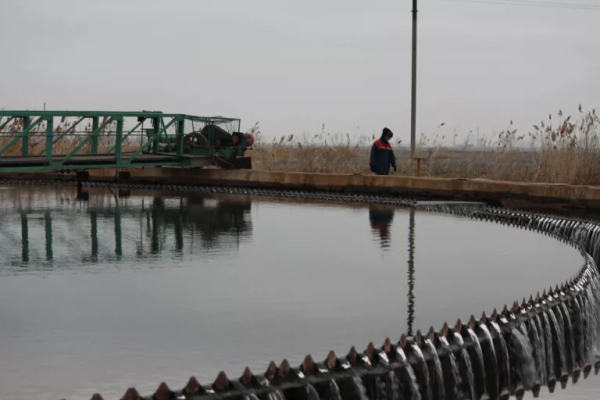Context
World Water Day, celebrated annually on March 22, marks a global effort led by the United Nations to highlight the critical importance of freshwater resources. Since its inception in 1993, this observance has aimed to raise awareness among stakeholders about various aspects of water, from its scarcity to its role in fostering peace. This year's theme, "Water for Peace," underscores the profound connection between water availability, sustainable development, and global stability. Over the years, access to clean water has become increasingly challenging due to factors such as urbanization, industrialization, climate change, and unsustainable practices.
Challenges and Water Crisis in India:
India, like many other countries, grapples with significant water challenges, both in terms of quantity and quality. Rapid urbanization, population growth, and agricultural demands have strained water resources, leading to depletion of groundwater tables, drying up of rivers, and deterioration of water quality. Various regions across the country face severe water stress, with projections indicating further decline in water availability in the coming decades.
Groundwater depletion is particularly alarming in states like Punjab, Rajasthan, Delhi, and Haryana, where consumption surpasses recharge rates. The situation is exacerbated by inadequate infrastructure and poor water management practices. Additionally, pollution from various sources further exacerbates water quality issues, posing serious health risks to communities.
The Vital Role of Rainwater Harvesting:
Amidst these challenges, rainwater harvesting emerges as a crucial strategy for enhancing water availability and resilience. By capturing rainwater through both in-situ and ex-situ methods, communities can replenish groundwater, mitigate droughts, and support agricultural irrigation. Government initiatives such as "per drop more crop" and "Gaon ka pani gaon mein" emphasize the importance of water conservation and rainwater harvesting at the grassroots level.
Furthermore, sustainable agricultural practices and integrated water resource management are essential for ensuring food security and environmental sustainability. By promoting water-efficient irrigation techniques and fostering community participation, stakeholders can work towards building a more water-secure future for India.
Additional Steps Towards Water Security:
In addition to rainwater harvesting, a comprehensive approach to water security requires various interventions across multiple fronts. These include monitoring groundwater levels, improving water quality through remediation efforts, implementing pricing mechanisms to incentivize conservation, and adopting circular water economy principles.
Efforts to integrate water resources with modern technologies, such as IoT-based automation and micro-irrigation systems, can enhance efficiency and reduce wastage. Furthermore, community engagement, awareness campaigns, and capacity-building initiatives are essential for fostering a culture of water conservation and stewardship.
Conclusion:
In conclusion, addressing the water crisis in India requires a multifaceted approach that integrates policy measures, technological innovations, and community engagement. By prioritizing sustainable water management practices, investing in infrastructure upgrades, and promoting awareness at all levels, India can strive towards water security and contribute to global efforts for peace and sustainability. As we observe World Water Day 2024 under the theme "Water for Peace," let us reaffirm our commitment to safeguarding this precious resource for current and future generations. Through concerted action and collaboration, we can build a more resilient and peaceful world where access to clean water is a fundamental human right.
|
Probable Questions for UPSC Mains Exam 1. Discuss the multifaceted challenges contributing to India's water crisis, highlighting the role of factors such as rapid urbanization, unsustainable agricultural practices, and inadequate water management. Evaluate the effectiveness of government initiatives in addressing these challenges and suggest policy measures to ensure long-term water security in the country.( 10 marks, 150 words) 2. Analyze the significance of rainwater harvesting as a sustainable solution to India's water scarcity problem. How can community participation and technological innovations enhance the effectiveness of rainwater harvesting initiatives? Discuss the role of integrated water resource management in promoting agricultural sustainability and environmental integrity. (15 marks, 250 words) |
Source – The Hindu
























